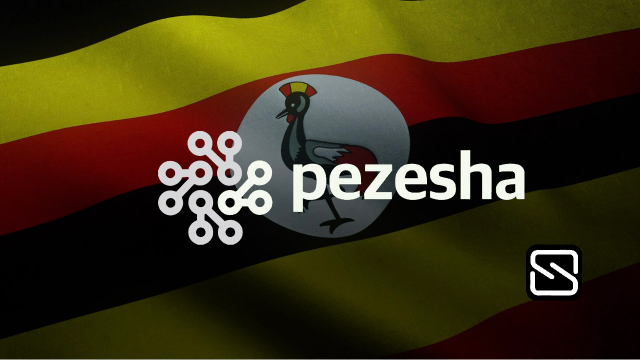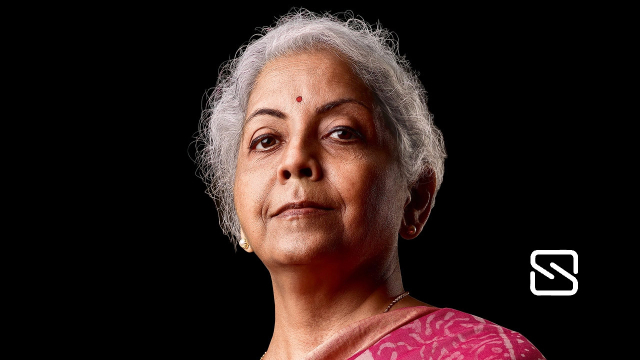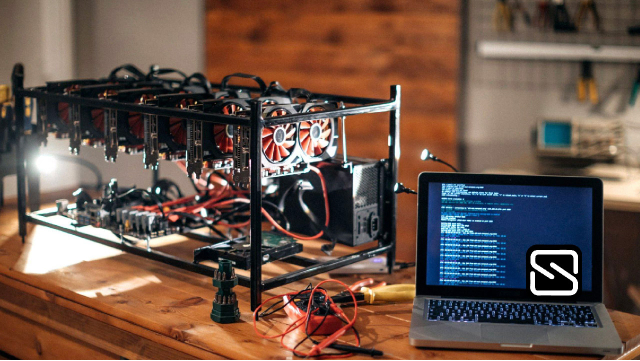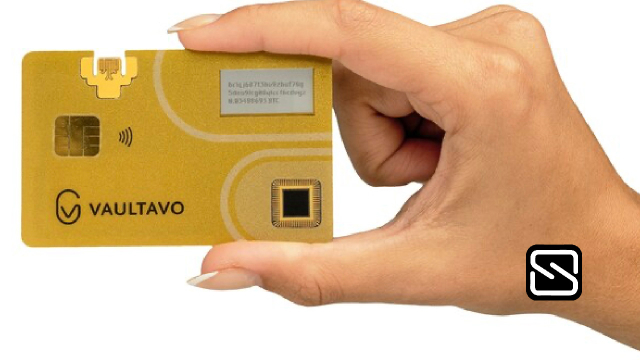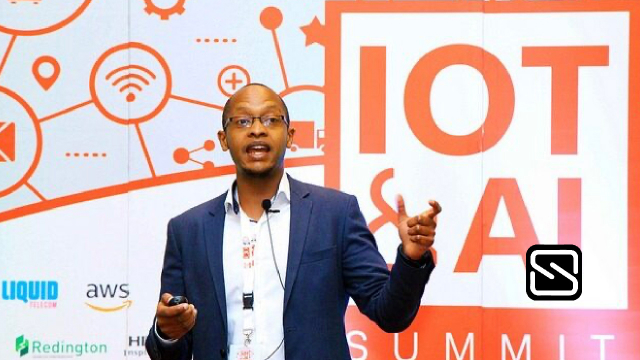The world’s first biometric digital asset custody smart card, along with cutting-edge proprietary vaults, a secure SaaS digital platform, and access portals, are all included in the Vaultavo Custody Solution, which reinvents custody as we know it today.
Vaultavo has introduced the world’s first biometric smart card, which is designed to protect digital currencies from hacking and outright theft. The vulnerability of online trading, transacting, and asset protection is one of the major barriers preventing the adoption of cryptocurrencies, and it is addressed by the Vaultavo system, which is created for the institutional market.
Vaultavo has unveiled the first biometric smart card in the world, which is intended to safeguard digital currencies against hacking and outright theft. One of the major obstacles to the growth of cryptocurrencies is the vulnerability of online trading, transacting, and asset protection. The Vaultavo system is created for the institutional market to address this issue.
By creating and managing the Blockchain private key on the bank-grade secure Vaultavo Card, a decentralized approach to security that is similar to cryptocurrencies, Web3, and DeFi, the integrated hardware and software solution protects digital assets. This is in contrast to competing solutions that have attempted to provide security in a centralized manner.
The foundation of the solution, the Vaultavo Card, has a secure element that is EAL7 security certified, making it more secure than most, if not all, other custody solutions. The Vaultavo Card is the same size and thickness as a bank card, and it has Bluetooth, NFC, and USBC connectivity options in addition to a built-in biometric reader, an E Ink display, and a rechargeable battery.
The vulnerable nature of online trading, transacting, and asset protection is one of the major barriers to the growth of cryptocurrency. This patent-pending technology was created to overcome this issue. The problem is enormous in scope and size; according to Chainalysis, a blockchain data provider, the volume of illicit transactions increased in 2022, reaching an all-time high of $20.1 billion.
“Unlike other providers who have to trade off accessibility for security, the Vaultavo Custody Solution is designed to address all the challenges of crypto custody,” said Philip Meyer, CEO, Vaultavo.
He added, “Ours is the only solution that guarantees the highest grade of security while allowing for the easiest level of accessibility and use. It has the potential to make using digital currencies as commonplace as debit cards for institutions and their clients, thereby increasing participation in the new digital economy. This solution will go a long way to ensure that the long tail of crypto again starts trusting the industry.”
According to Sean Sanders, CEO of Revix, “Vaultavo is a crucial partner for our business; the company will essentially allow us to offer all of our customers a biometric card where customers can essentially and safely transact with crypto. Vaultavo is currently offering users the option to self-custody their cryptocurrency without giving up control of their assets, which is something that no other provider in the market is currently doing. They are the key to finally getting us to the position we’ve wanted to get to for a long time, which is, allowing our customers to use crypto for real-world purchases like getting a cup of coffee.”
Joe David, managing director and founder of Myna Accountants, “We are very excited by this new technology and this new approach to one of cryptocurrency’s biggest challenges, custody and self-custody. They’re making it simple and secure for Myna and our clients to use something that has historically been fundamentally challenging and full of challenges. In the end, our collaboration with Vaultavo will benefit Myna’s clients and make it possible for us to offer them best-in-class services.”
